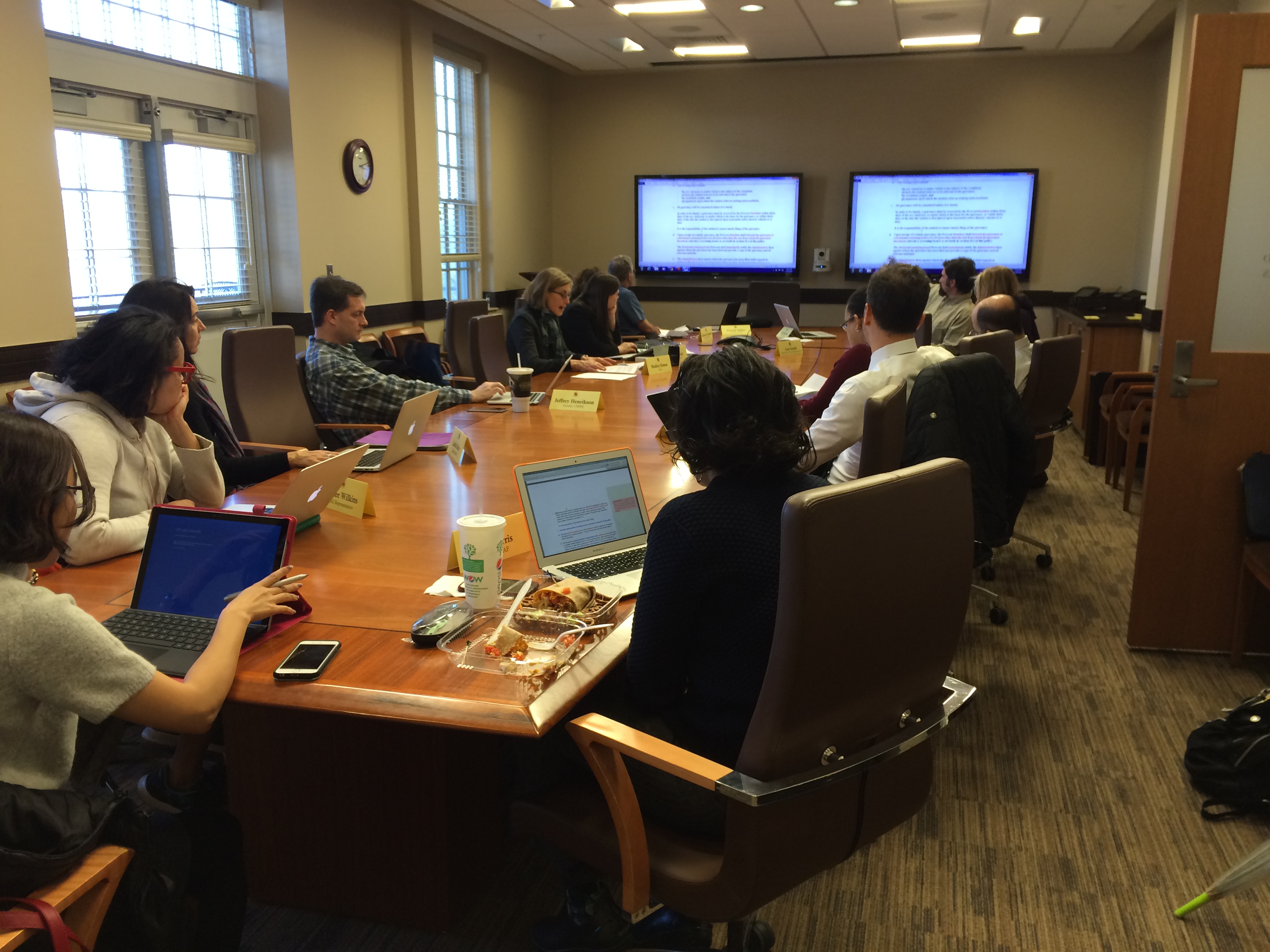The University Senate is reaching out to students and departments from the University of Maryland to determine whether reading day before exam week should be a completely free day for students.
In December, the senate’s Educational Affairs Committee specified in the draft of the revised student grievance policy that reading day will be entirely open for students, with no review sessions, projects or obligations scheduled, unless the student explicitly requests a meeting.
But that idea met much opposition, especially from the engineering department, which holds senior presentations on reading day, and from other professors who often hold review sessions.
“It would be wise for the senate and administration not to try to micromanage,” said Mike Boyle, a senator and mathematics professor. “Many students appreciate very much having review sessions.”
The Educational Affairs Committee hopes to bring the revised grievance policy, which describes expectations for faculty teaching undergraduate courses and now includes requirements for reading day, to the senate floor in April.
Senators are still working to improve the document and spent much of the afternoon Feb. 11 discussing changes to the policy’s name, wording and definitions throughout the document at their committee meeting.
Educational Affairs Committee Chairwoman Madlen Simon said her committee had extensively discussed how reading day should be defined so it can best benefit students. It found concern over conflicting review sessions and the fact that coursework obligations have extended beyond specified class time.
“Reading day is the day set aside after classes have ended or before exams to study or reflect,” Simon said at a Student Affairs Committee hearing in early February.
Simon reached out to that committee to hear students’ perspectives on the definition of reading day.
“Review sessions seem right in line with what reading day is for,” said Dennis Passarella-George, a Student Affairs Committee member from the Department of Resident Life. But Student Affairs Committee Chairman Adam Berger said conflicts with multiple review sessions “definitely happen.”
The bioengineering department hosts an all-day event for students to present their capstone projects, which can be inconvenient, senior Navid Ashari said, but it is practical.
“I don’t know when a better day would be, because Maryland only has one reading day,” the bioengineering major said. “Graduation is right after finals week, so there wouldn’t be time after, and you do need a full day for it.”
While Ashari wasn’t sure when the bioengineering department could move capstone presentations, he said that could be tough for students with heavy exam schedules.
“It might not be the fairest for people who have difficult final exam schedules,” he said, adding that most graduating seniors aren’t too stressed about final exams.
But for Student Affairs Committee member Reid Compton from the biology department, the all-day capstone presentation “sounds extremely unfair.”
Boyle said he has often hosted review sessions during reading day and has had more than 100 students attend for up to four hours. He said he hopes the Educational Affairs Committee will reconsider its definition of the day.
This issue might be solved if the university added more reading days, Ashari said, though that is not a part of the senate’s duties for this piece of legislation.
“A lot of my friends [at other universities] have had a weeklong reading day or two days at least,” Ashari said. “I’m generally not stressed, but finals week definitely gets to me … so I think expanding it would benefit students.”



